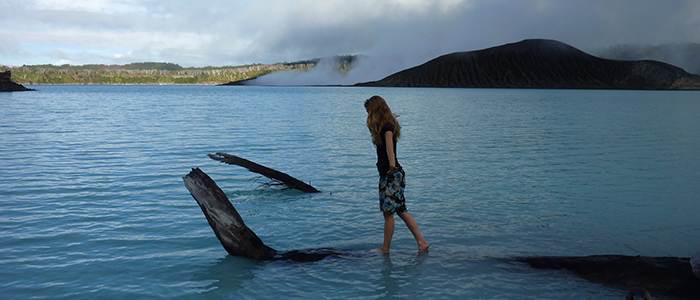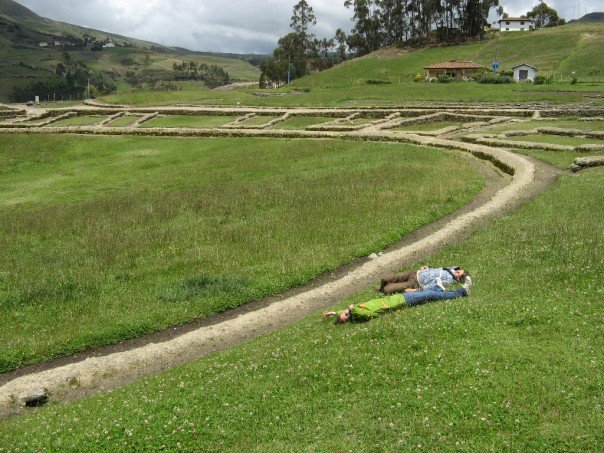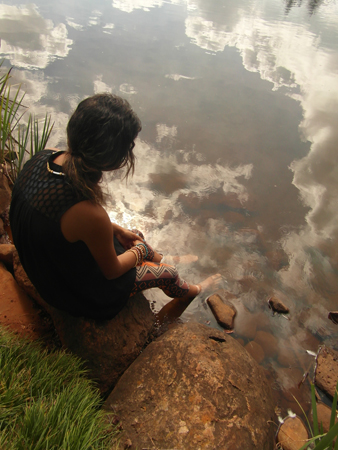Keen to volunteer but don’t know where? Read on…
For some, the desire to travel to a particular country will come before the idea of volunteering. Indeed, if you’ve always dreamt of living in, say, Japan or Canada, volunteering can be a great way of getting to know the destination of your dreams while giving something back to the community. However, some of you are just born with an innate desire to volunteer, without any particular focus of where such energies should be directed…
But do not fear! Although the range of potential destinations may seem overwhelming, if you are a keen volunteer it is highly likely that you will enjoy living in whichever country you end up. The key thing to ask yourself is, what do I want to get out of this experience? The answer to this question can provide a giant clue as to where you should volunteer. Here are a few more specific questions that may also help to point you in the right direction:
1. Would you like to learn a new language?
If so, perhaps a placement in Argentina or Ecuador might be best for you. Or perhaps even Germany, Poland, France, China or Japan. Although we don’t ask for you to have previous language skills to volunteer in most of these countries, you will most certainly be able to pick up some key phrases during your time there! Similarly, if you know that you most definitely do not want to live in a country where English is not the native language, you may be more suited to our programmes in Australia, New Zealand or Canada.
2. Grassroots or more developed volunteering?
Deciding between grassroots projects or programmes in more developed countries can also help narrow down your choices. Volunteering in Australia or New Zealand can be a great first step into the world of volunteering abroad, while gaining you some valuable skills in a more developed country. On the other hand, our placements in Africa or Asia may be more suited to those thinking about a career in international development.
3. Do you want to live in an urban or rural environment?
This is also an important question. If you have always lived in a city and enjoy living in areas where there are lots of transport links and things like cinemas to keep you busy, perhaps you would be best suited to our city-based placements, such as in Quito or Cuenca in Ecuador. If you see yourself as more of a country bumpkin though, you might prefer one of our more remote placements, in Fiji or Vanuatu for example. Both types of placements are usually available in most of our host countries!
4. What are you own personal interests?
Taking a look at your own personal experience and background can provide help in deciding which country to volunteer in. Do you enjoy Asian cuisine? Have you ever been tempted to learn to dance the tango or the salsa? Are you a closet anime fan? A keen interest in getting to know the local culture in your host country can make a volunteering experience truly unforgettable.
If all else fails, try having a read through some of the Lonely Planet’s country overviews for some inspiration, or check out Lattitude’s own country overviews here.


























